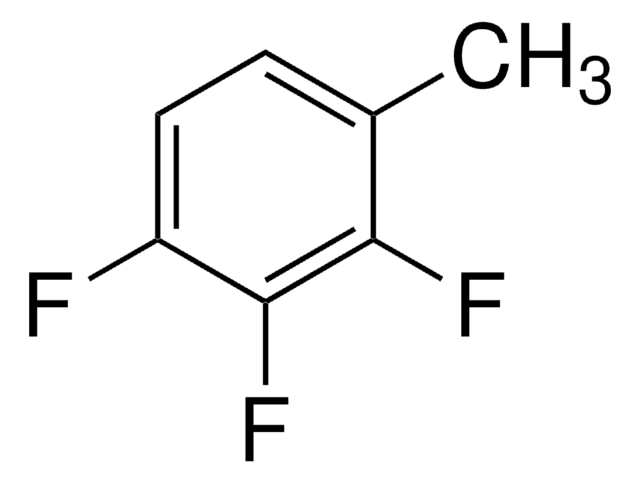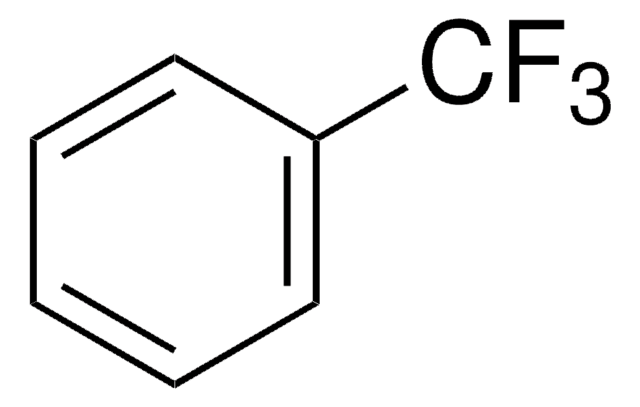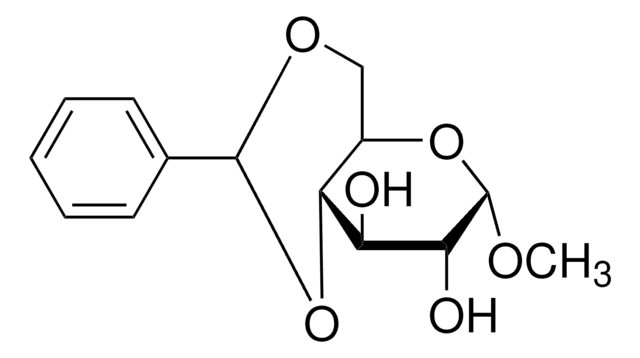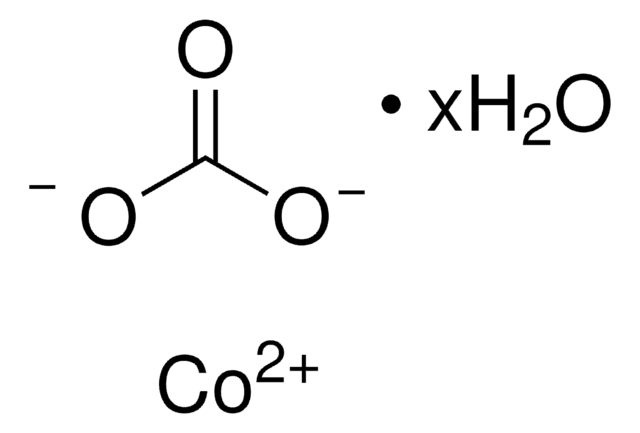342440
Cobalt(II) hydroxide
technical grade, 95%
Synonym(s):
Cobalt dihydroxide, Cobalt(2+) hydroxide, Cobaltous hydroxide
About This Item
Recommended Products
grade
technical grade
Quality Level
Assay
95%
form
powder
density
3.597 g/mL at 25 °C (lit.)
application(s)
battery manufacturing
SMILES string
O[Co]O
InChI
1S/Co.2H2O/h;2*1H2/q+2;;/p-2
InChI key
ASKVAEGIVYSGNY-UHFFFAOYSA-L
Related Categories
General description
Application
- As an additive in Ni-based rechargeable alkaline batteries, including Ni-Cd and Ni-MH batteries, to improve their electrochemical performance.
- To synthesize reduced graphene oxide/cobalt hydroxide (rGO/Co(OH)2) composite material, which exhibits enhanced electrochemical performance for supercapacitor applications.
- As a electrode material for high-performance supercapacitors. It exhibits high specific capacitance and long cycling stability, making it a promising electrode material for supercapacitors.
Signal Word
Danger
Hazard Statements
Precautionary Statements
Hazard Classifications
Acute Tox. 1 Inhalation - Acute Tox. 4 Oral - Aquatic Acute 1 - Aquatic Chronic 2 - Carc. 1B - Eye Irrit. 2 - Repr. 1B - Resp. Sens. 1B - Skin Sens. 1
Storage Class Code
6.1B - Non-combustible acute toxic Cat. 1 and 2 / very toxic hazardous materials
WGK
WGK 3
Flash Point(F)
Not applicable
Flash Point(C)
Not applicable
Personal Protective Equipment
Choose from one of the most recent versions:
Already Own This Product?
Find documentation for the products that you have recently purchased in the Document Library.
Customers Also Viewed
Articles
Lithium-ion batteries' characteristics make them popular for electricity storage due to portability, rechargeability, and low cost.
The prevailing strategies for heat and electric-power production that rely on fossil and fission fuels are having a negative impact on the environment and on our living conditions.
Plasmonic nanoparticles have unique optical properties that can be tailored to suit a variety of applications in the biotechnology1–8 and electronics9–16 industries.
Our team of scientists has experience in all areas of research including Life Science, Material Science, Chemical Synthesis, Chromatography, Analytical and many others.
Contact Technical Service














